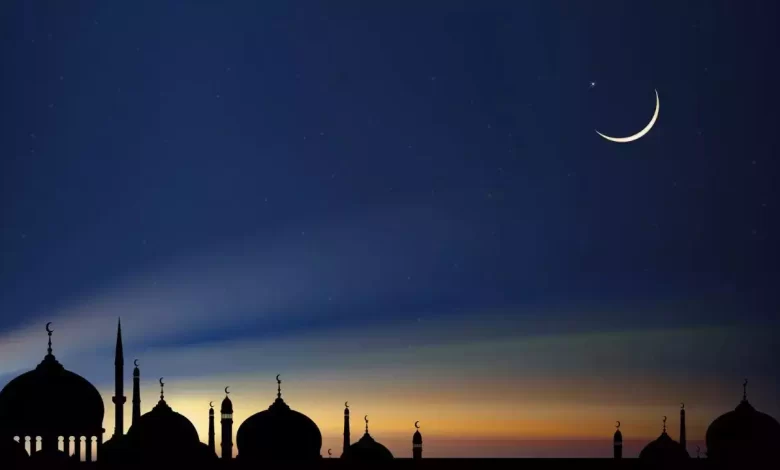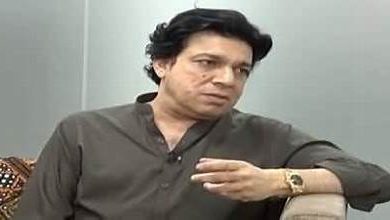
Eid ul Azha, also known as the “Festival of Sacrifice,” is one of the most significant holidays in the Islamic calendar. Celebrated by Muslims worldwide, this festival marks the willingness of Prophet Ibrahim (Abraham) to sacrifice his son as an act of obedience to Allah. As a commemoration of this event, Eid ul Azha is observed with reverence, joy, and a deep sense of community
The Significance of Eid ul Azha
Eid ul Azha falls on the 10th day of Dhu al-Hijjah, the last month of the Islamic lunar calendar, following the completion of the annual Hajj pilgrimage. The festival’s significance is rooted in the story of Prophet Ibrahim, who demonstrated unwavering faith and obedience to Allah. Just as he was about to sacrifice his son, Allah intervened and provided a ram to sacrifice instead. This act of devotion and submission is honored by Muslims through the ritual of Qurbani (sacrifice), where an animal, typically a goat, sheep, cow, or camel, is sacrificed to commemorate Ibrahim’s faith.
Global Celebrations
**1. Ritual Sacrifice:
In many countries, the day begins with special prayers at the mosque. Afterward, families perform the Qurbani, distributing the meat into three parts: one for the family, one for relatives and friends, and one for those in need. This act of sharing and charity embodies the spirit of Eid ul Azha, fostering a sense of community and support for the less fortunate.
**2. Festive Meals:
Eid ul Azha is marked by sumptuous feasts featuring various traditional dishes. In different regions, the cuisine reflects local tastes and cultural influences. For instance, in South Asia, biryani, kebabs, and curries are popular, while Middle Eastern countries might serve dishes like mansaf and kofta. Regardless of the specific foods, these meals are an integral part of the celebration, bringing families and friends together.
Traditional Clothing:
Wearing new or special clothes is a common tradition during Eid ul Azha. In many cultures, people don their finest attire, often incorporating traditional designs and fabrics. This practice symbolizes renewal, joy, and respect for the occasion.
**4. Community and Charity:
Eid ul Azha is a time for generosity and compassion. Muslims are encouraged to engage in acts of charity, ensuring that everyone, regardless of their financial situation, can partake in the celebrations. This emphasis on giving and community support highlights the festival’s inclusive nature.
Celebrations Around the World
In the Middle East, cities like Mecca, Medina, and Jerusalem see millions of pilgrims and locals participating in prayers and rituals. The atmosphere is deeply spiritual, with the faithful gathering in large numbers to commemorate the festival.
In South Asia, countries such as Pakistan, India, and Bangladesh observe Eid ul Azha with vibrant cultural traditions, including public prayers, communal feasts, and street celebrations. The festival often becomes a grand social event, with people visiting each other’s homes and exchanging gifts.
In Western countries, Muslim communities celebrate Eid ul Azha while maintaining their cultural heritage. Mosques and community centers often organize special events, including prayers, communal meals, and charity drives. These celebrations provide an opportunity for Muslims to share their traditions with their neighbors, fostering understanding and multiculturalism.
The Essence of Eid ul Azha
At its core, Eid ul Azha is a celebration of faith, sacrifice, and community. It reminds Muslims of the values of obedience to God, compassion for others, and the importance of sharing blessings. As the world comes together to celebrate this day, it is a moment to reflect on the commonalities that bind humanity and the shared values that promote harmony and understanding.
On June 17, let us all take a moment to appreciate the rich cultural tapestry that Eid ul Azha represents and the universal message of love and sacrifice that it conveys. Whether through participating in the rituals, enjoying festive meals, or simply extending a hand of friendship to those around us, Eid ul Azha offers an opportunity to connect with one another in meaningful ways.



